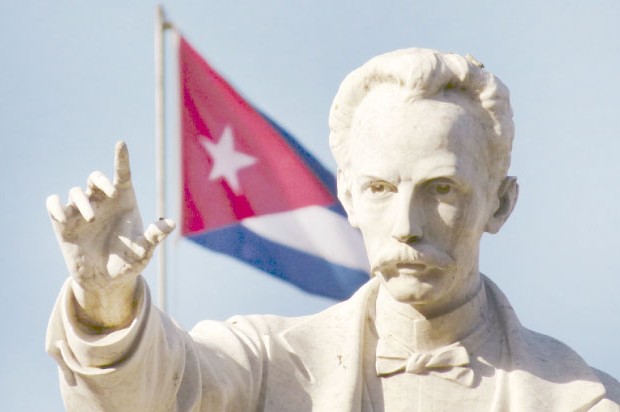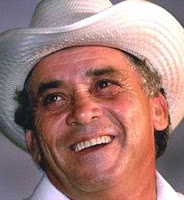Beyond its effect- not excluding the constant study to appraise new ideas and approaches perceived-not yet, Marti’s thought is given to a revisiting necessary, especially for his work as a correspondent in several Latin American countries, including the United States.
It is not just about reading and rereading his extensive journalistic production, but to find points of contact with the current geopolitical world stage, rocked by financial, environmental, economic setbacks, pandemics and wars that affect the survival of man.
Particularly in the “American Scene” or “Letters from New York”, published between 1880-1890, Marti was able to elucidate the dangers surprisingly modern capitalism that towered in the United States.
From his position of daring journalist and observer, in his chronicles and essays suggests what concerned him most: the “other America”, unlike our America; it is not a promising mirage or magic wand to find the path of progress and happiness coveted by companies framed in that geographical area comprising the Rio Bravo and Patagonia.
His chronicle A day in New York! becomes a fresh life in the Iron Babel; here’s an excerpt: “The ropeways, calling job. The well they leave the house after lunch tough meat, boiled potatoes and tea with lots of shady slice of bread and butter. The poor are in a row, from very early in the morning, to arm the old overcoat, if cooled to the back, and hand lunch tub: -a panazo, homemade hand, with good pit of salted meat and cucumber vinegar. “
The specter of poverty, false opulence and striking skyscrapers, reach deep into the mind of a champion of Latin American independence. The semantic language, together with the analysis and study, not dissociated from the turbulent historical moment that touches Martí.
With sharp eyes, brings to the fore the effects of an economic crisis whose impact shook the foundations of American society. … “He played down wheat and wheat has risen! Where does the business on the stock, and starts stealing? Or everything is stolen, and no business? (…) So people die, as Men, when brutality prefer baseness or violent joys of money the easiest and noble objects of life: luxury rot “.
Undoubtedly, the multiple messages of José Martí propose other views on the facts and phenomena of the present. But, at this defining time for the people of America and the world all drink from this prodigious flow will help us to understand the essence of the capitalist system and its violent shaking.
This is proof that the solution of the problems afflicting the planet lies in building a just and equitable social model where man is the main currency.
Translated by: Daysi Olano Fernandez




